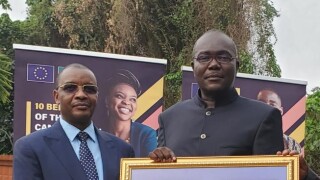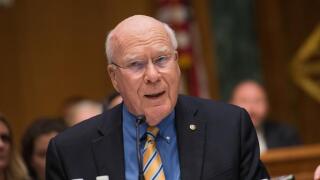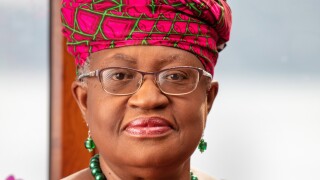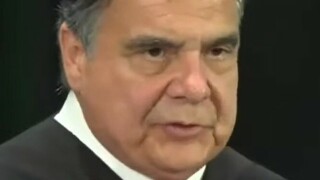
Kathi Vidal has been in her position for less than a year and she’s already made an impression.
One of her biggest achievements has been to significantly limit when Fintiv – which compels Patent Trial and Appeal Board (PTAB) judges to discretionarily deny inter partes reviews if parallel district court proceedings are set to finish first – can be applied.
She issued guidance on the doctrine in June, stating that Fintiv couldn’t be used when petitions presented compelling evidence of unpatentability. There was only one Fintiv denial in Q3 2022 as a result.
Vidal’s policy didn’t completely address the concerns of Fintiv critics, however. Many wanted the doctrine to be eliminated entirely. But the rule is a lot less likely to be a problem for them now.
Her tenure also stands out for her use of director review of PTAB decisions. Counsel previously told Managing IP that some of her rulings could strengthen the hands of petitioners in certain circumstances.
But she has used her power to crack down on bad behaviour from petitioners too. In October, she said OpenSky violated the inter partes review process by attempting to extract payment from patent owner VLSI and joint petitioner Intel and offering to undermine proceedings in exchange.
She sanctioned OpenSky by blocking it from actively participating in the proceeding and elevated Intel to lead petitioner.
This decision sparked some controversy because Intel couldn’t have filed the petition by itself due to the one-year time bar.
Pharma issues have been big for the new director too.
She stated in July that the agency would work with the Food and Drug Administration – as per President Joe Biden’s 2021 executive order – to lower prescription drug costs. The office would also increase examination time and protect against the patenting of incremental and obvious changes to drugs, she said.
Vidal also stands out this year for her work in the standard essential patent (SEP) space.
Under her leadership, the patent office joined the National Institute of Standards and Technology and the US Department of Justice in June to withdraw the DoJ’s 2019 SEP policy, which was considered relatively patent owner friendly.
The agencies chose not to replace this policy, leaving stakeholders without formal guidance.

















































